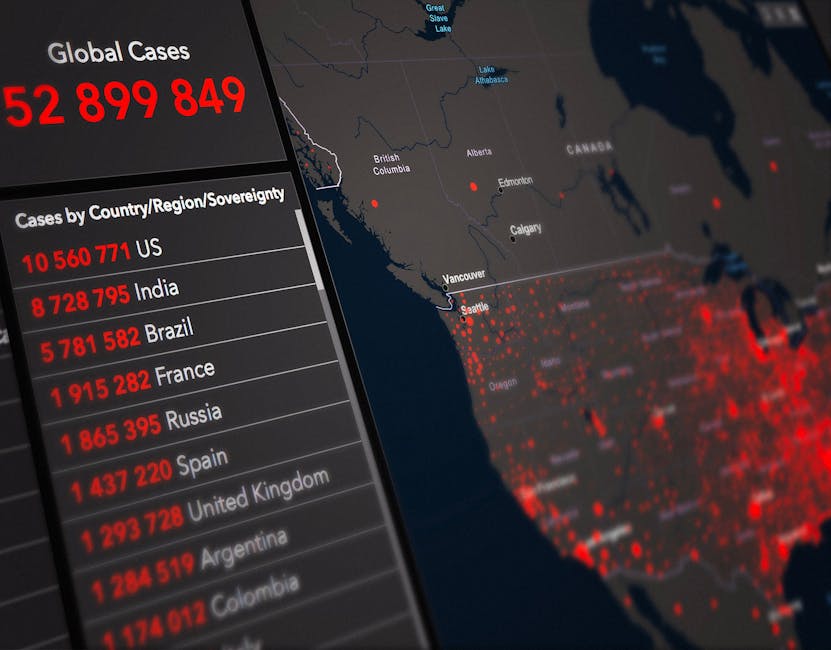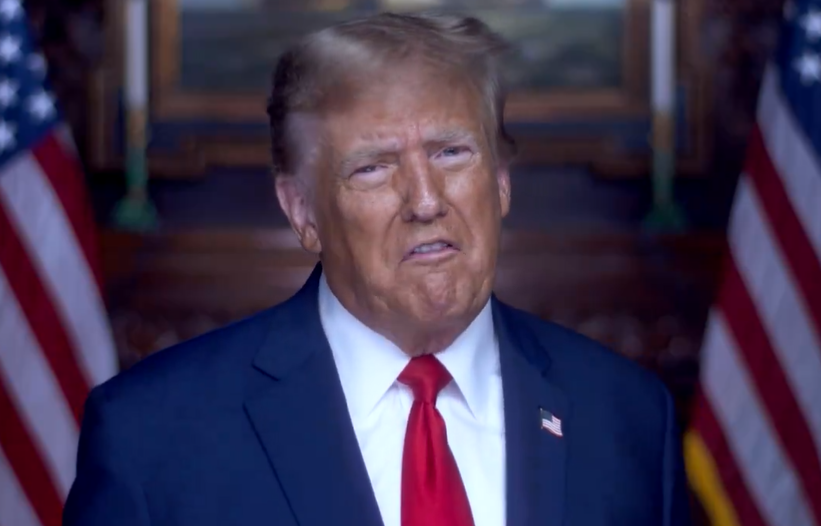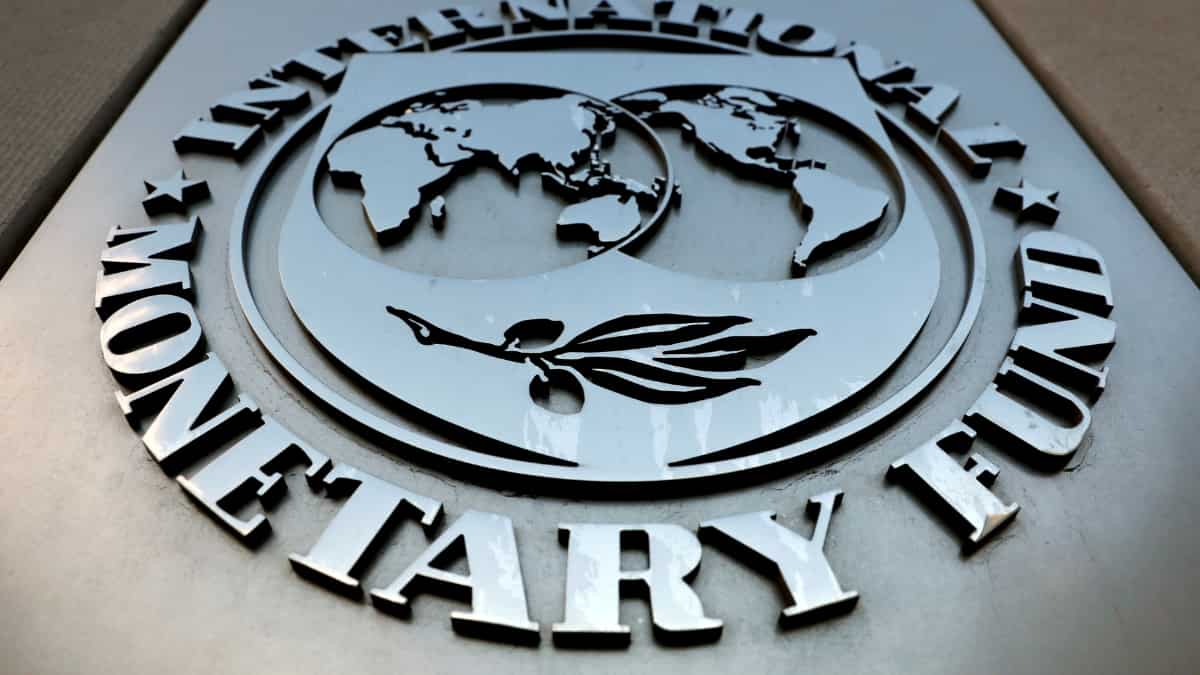The objective is for minerals utilized in the tidy energy shift to be mined and commercialised properly, appreciating the environment and neighborhoods
Colombia and Brazil have actually released a push for a brand-new binding worldwide treaty on traceability for the vital minerals required for the tidy energy shift along their whole supply chain– from mining to recycling.
The 2 nations revealed the effort on the sidelines of the COP16 UN biodiversity top in the Colombian city of Cali today. Their strategy is to come up with a proposition for the pact by the COP30 UN environment conference to be kept in Belém, Brazil, in November 2025.
The effort detects among the suggestions provided by a UN panel on vital minerals in September, which advised nations to develop such an openness platform to assist guarantee reasonable and sustainable extraction of minerals for tidy energy supply chains. The UN panel recommended the platform might be piloted in “2 or 3” mineral-producing nations.
Important minerals– amongst them lithium, nickel and uncommon earth aspects– are vital for making renewable resource innovations consisting of photovoltaic panels, electrical lorries and batteries.
Q&A: What you require to learn about tidy energy and vital minerals supply chains
All nations concurred at the COP28 UN environment modification top in 2015 to triple the world’s renewable resource capability by 2030– an objective that is set to triple need for minerals by the very same date.
In the race to improve production, unchecked growth of mining activities might trigger major damage to nature and close-by neighborhoods, specialists have actually alerted. A 2022 research studywhich examined more than 5,000 important mineral mining jobs, discovered that over half were found on or near Indigenous lands.
“We’re taking an advance so that minerals utilized in the energy shift are drawn out and commercialised with accountable requirements and in consistency with the environment and regional neighborhoods,” Colombia’s vice-minister of environment, Mauricio Cabrera, stated in a declaration provided in Cali.
Market examination required
At the launch occasion for the openness effort, Norwegian diplomat Lars Vaagen stated industrialized nations did not yet have a typical position on whether to support the treaty, however included “what we can assure is that we will follow this effort extremely carefully”.
Suneeta Kaimal, CEO of the Natural Resource Governance Institute, invited the concept however stated traceability “is just part of the service”.
“Traceability alone will have no effect without reliable, independent examination of market actions and effects versus high requirements of finest practice,” Kaimal informed the launch.
Human rights need to be “at the core” of mining for shift minerals, UN panel states
The UN panel on vital minerals– which was assembled by UN Secretary-General Antonio Guterres and consisted of federal governments, market, civil society and Indigenous individuals– has actually provided a set of 7 concepts to assist greener and more ethical mining for the energy shift, contacting nations to keep human rights “at the core”.
Amongst the 2 supporters of the traceability pact, Brazil in specific sits on top of large reserves of nickel, manganese and uncommon earth metals. According to the International Energy Agency, the nation holds about a fifth of worldwide reserves of all these minerals, however is still just producing percentages.
(Reporting by Sebastian Rodriguez; modifying by Megan Rowling)



